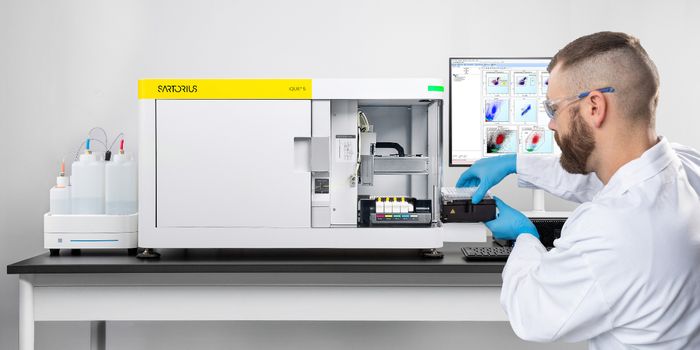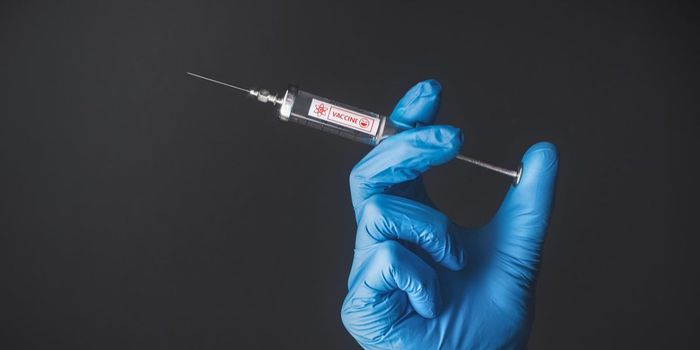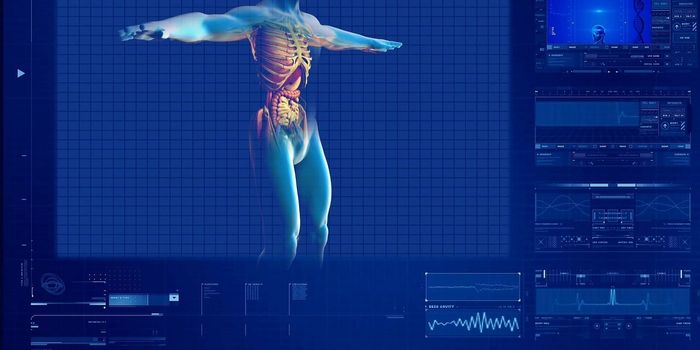Artificial Intelligence Helps Develop Personalized Medicine
Artificial intelligence (AI) has become a prominent fixture of recent news. Recent discoveries have implicated AI technologies in various oncology settings, including aiding doctors in making cancer diagnoses and predicting patients’ responses to treatment. A recent study published in Cell Systems highlights new potential for using AI in the fight against cancer.
The major histocompatibility complex class I (MHC-I) is a critical component of the anti-tumor immune response. This molecule picks up particles from foreign cells, including cancer cells, and presents them to the immune system. This “presentation” of foreign protein to the immune system represents an essential step in initiating an immune response.
While this simplified description sounds like it’s easy to stimulate the immune response, the immune system remains a highly complicated biological network. Further, the immune system acts differently from person to person, and an individual’s MHC-I molecules will recognize, process, and present foreign proteins to a different extent. The complexity of human MHC, also known as human leukocyte antigen (HLA), makes it challenging to predict individual reactions.
In a significant effort to implement and optimize personalized medicine, a team of researchers has pioneered an AI program, HLA Inception. This innovative tool predicts protein binding patterns across nearly 6,000 MHC-I genes, offering unique insight into how an individual’s immune system might respond to cancer and subsequent anti-cancer treatment approaches.
The data shows that HLA Inception can identify the specific proteins an individual’s MHC-I molecule will recognize. The tool also predicts how well that individual’s immune system would react when faced with foreign cells, like cancer. Additionally, the study shows how the patterns predicted by HLA Inception applied to patients’ responses to immune checkpoint inhibitors, treatments used to treat a variety of cancers.
Grasping the intricacies of how individual patients respond to cancer and how their immune system interacts with therapeutic interventions is paramount. This understanding forms the bedrock for the design and implementation of personalized medicine. Further development and optimization of HLA Inception, or other similar tools, can help doctors recognize unique features of their patients and harness those factors to design optimal treatment regimens.
Sources: Molecular Cancer, Cell Syst









